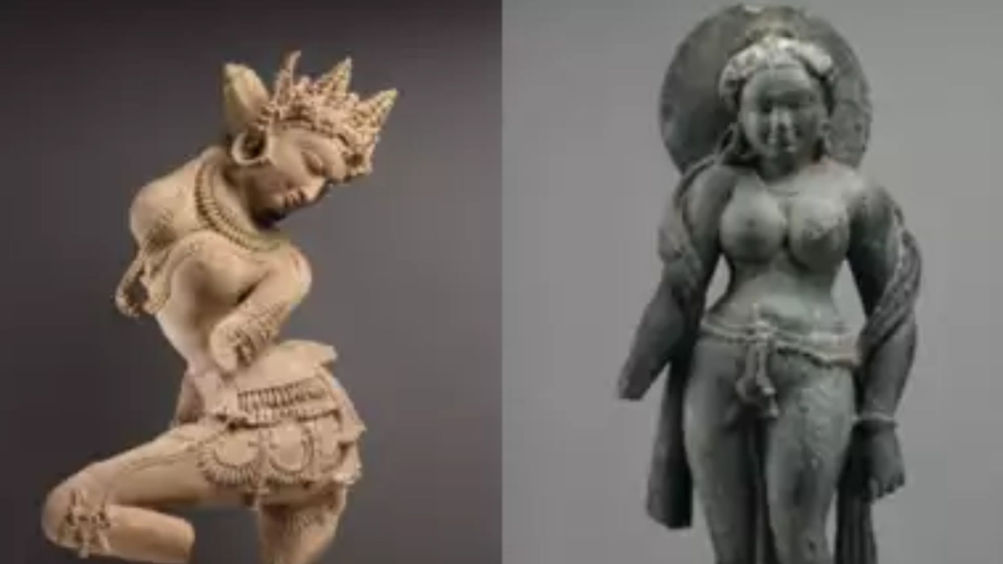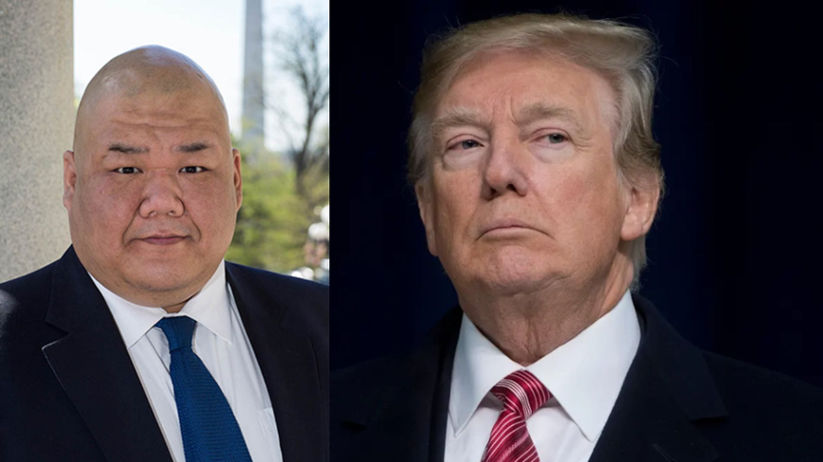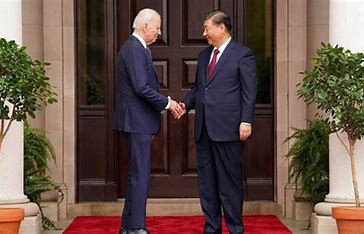
The havoc wreaked by the second wave of the coronavirus has kindled hopes in Opposition hearts of coming to power three years hence, in the 2024 Lok Sabha elections. They hope that people’s suffering and a broken economy will tip the scales against the incumbent government. Add to that the Bharatiya Janata Party’s inability to snatch power from Chief Minister Mamata Banerjee in West Bengal and many a dream has started being woven about which Opposition leader will occupy the Prime Minister’s chair in 2024. Needless to say, much of the push is coming from the Bengal Chief Minister, who has major Prime Ministerial ambitions—the first Bengali Prime Minister is how her party-men and women are trying to create the buzz in Bengal—and whose emissary Prashant Kishor is knocking on different doors. Hence the meeting convened by Sharad Pawar of Opposition parties this week is significant, even though the attendance was limited to those who have a paltry 30-odd MPs in a 543-member Lok Sabha. The Congress did not attend, nor did regional parties from the South, such as the DMK, TRS or the YSR Congress, all controlling states with a substantial number of seats. As expected, Odisha’s BJD too was nowhere to be seen. Of interest was the attendance of the Left parties in a meeting where the TMC was one of the main movers. This is in keeping with the buzz of the Left joining hands with the TMC in the Lok Sabha elections of 2024. There was already some push from both the Left and the TMC ahead of the elections in Bengal that the two should join hands to stop the rise of what they describe as “communal forces”. In fact, there is enough anecdotal evidence to suggest that the Left transferred a large chunk of its votes to the TMC in the Bengal elections, thus boosting TMC’s performance. It’s a different matter though that in the process, the Left disappeared from Bengal’s political firmament, but then what’s a little existential crisis when the goal is to make India truly “secular” and “liberal”? So, Bengal will not be an easy battle for BJP in 2024, although preparations for the elections seem to have already started, as evident from Suvendu Adhikari’s regular visits to New Delhi, where he spends considerable time with the BJP’s top brass, including even with the Prime Minister. But whether he can grow into another Himanta Biswa Sarma is speculation at best, especially because Bengal with its 42 Lok Sabha seats is increasingly becoming “unscalable” for BJP for reasons of demography.
Meanwhile, in all the talk about alliances and counter alliances, the small issue of track record and governance is perhaps taking a back seat. And this applies to all parties, including BJP, whose Central government has been accused of taking its eye off the ball because of the elections in Bengal and thus allowing the second wave of the pandemic to turn into a tsunami. But serious questions are being asked about Mamata Banerjee’s functioning too, for instance. The political violence that erupted in the state post the election results on 2 May is continuing, with horror stories of rape, murder, arson and loot coming to light every day. Sadly, not much of this is being highlighted by the national media, with the only saving grace being the Calcutta High Court refusing to pay heed to the state government, which wanted a stay on the National Human Rights Commission examining the allegations of violence that have come to it. If the Bengal Chief Minister has national ambitions, she should not make the mistake of thinking that these will not come back to haunt her. These incidents will be right at the heart of the BJP’s campaign against her, apart from her perceived tilt to a certain community.
It’s governance that will ultimately count for voters when deciding who will come to power in 2024. As it is a handful of leaders from diverse parties united in apparent self-interest do not make a pretty picture, and can scare away voters with the prospect of “instability”. As we have seen over the last few elections, voters have been going for clear mandates and stable governments. And then of course there is the Narendra Modi factor, which the Opposition will find hard to counter. The bottom line is, governance, apart from track record, will be the key for anyone making a bid for power in 2024.















